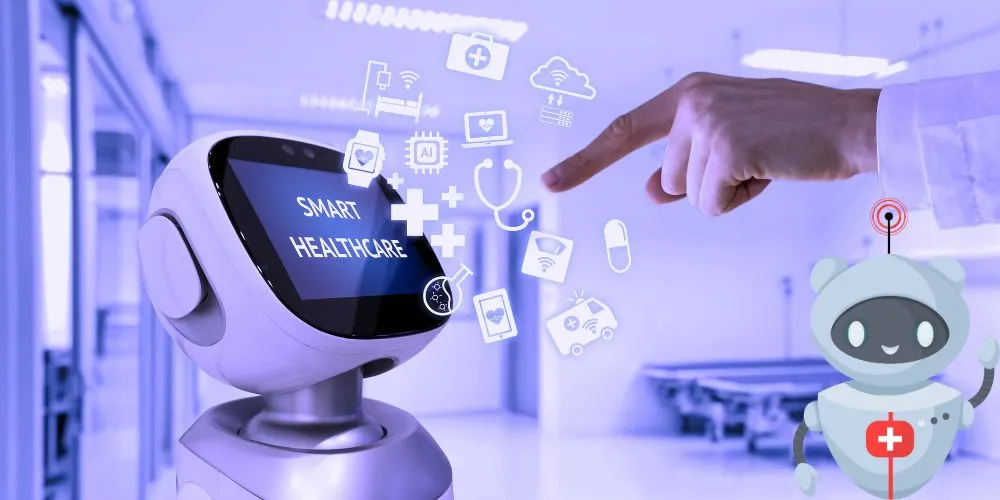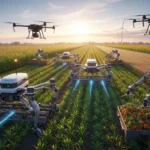Key Points:
- Robotic surgical systems enhance surgeons’ dexterity and visualization, enabling minimally invasive surgeries with unparalleled accuracy.
- Robotic exoskeletons accelerate rehabilitation, empowering patients to regain mobility and independence.
- Autonomous robots optimize operational workflows within healthcare facilities, freeing up time for healthcare professionals.
- Telepresence robots facilitate remote consultations, expanding access to healthcare services.
Healthcare is on the brink of a revolutionary transformation with the advent of advanced robotics. These cutting-edge technologies are poised to redefine medical practices, offering unprecedented precision, efficiency, and patient care. From robotic surgical systems to autonomous healthcare assistants, these innovations are reshaping healthcare delivery.
Robotic surgical systems, exemplified by the da Vinci Surgical System, are revolutionizing surgical procedures. These systems enhance surgeons’ dexterity and visualization, enabling minimally invasive surgeries with unparalleled accuracy. Patients benefit from shorter recovery times, reduced post-operative complications, and improved surgical outcomes.
In rehabilitation, robotic exoskeletons transform how patients recover from injuries and neurological conditions. These wearable devices provide mechanical support to individuals, helping them regain mobility and strength. By delivering personalized rehabilitation programs, robotic exoskeletons accelerate recovery, empowering patients to regain independence and improve their quality of life.
Moreover, autonomous robots are optimizing operational workflows within healthcare facilities. These robots, equipped with artificial intelligence and sensors, perform medication delivery, surface disinfection, and inventory management tasks. By automating routine processes, these robotic assistants free up medical professionals’ time, allowing them to focus on delivering high-quality patient care.
Telepresence robots are also revolutionizing healthcare delivery by facilitating remote consultations and examinations. These robots enable healthcare providers to interact with patients virtually, bridging geographical barriers and expanding access to healthcare services. Patients can receive timely medical attention from the comfort of their homes, improving access to healthcare and convenience.
As these technologies continue to evolve, the future of healthcare holds immense promise. The convergence of advanced robotics with artificial intelligence, machine learning, and data analytics is expected to drive further innovation in medical practices. These synergistic advancements will enable more precise diagnoses, personalized treatments, and enhanced patient experiences.
Advanced healthcare robotics represent a paradigm shift in medical care delivery. With transformative potential, these technologies are poised to revolutionize healthcare delivery, improve patient outcomes, and shape the future of medicine.





